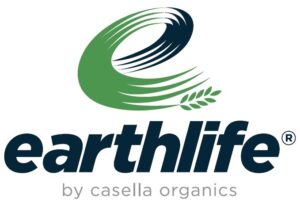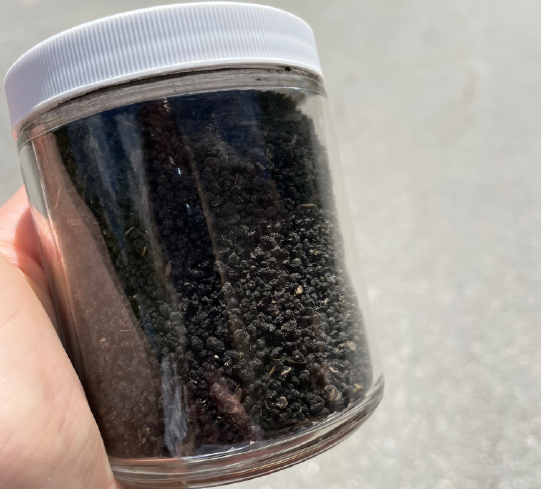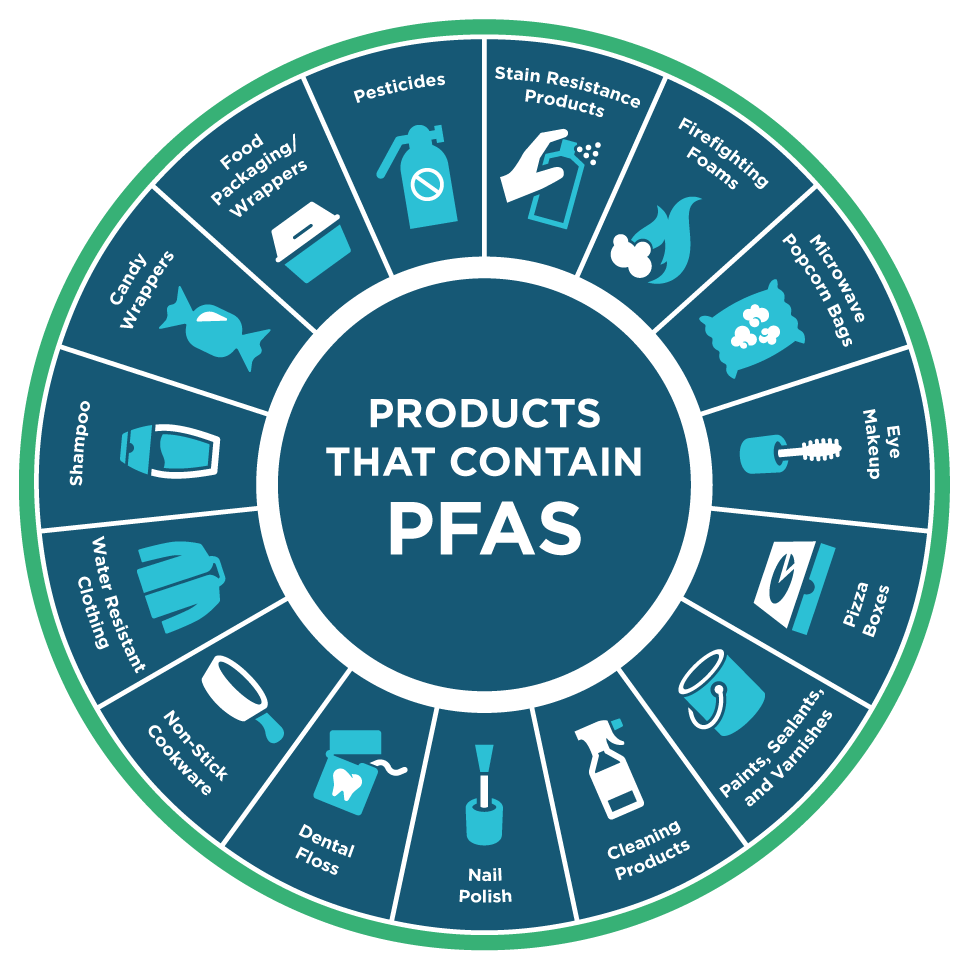Transforming Biosolids into Fertilizer for Soil Nourishment

Made in NE and Distributed by Casella Organics, earthlife® is a favorite for crops, gardens, lawns and planters. This safe and sustainable alternative to traditional fertilizers will nurture your soils from year to year. Available in bulk form.
- For Our Soil: A safe alternative to standard fertilizers.
- For the Planet: Less waste to landfills. Lower greenhouse gas emissions. Recycling an existing source of nutrients.

Safe and Sustainable
GLSD takes health and safety seriously. earthlife® is produced in compliance with all state and federal regulations and permitting requirements, meeting Class A, Exceptional Quality designation – highest standard by USEPA.
We also take the health of our planet seriously. We know incinerating waste or putting it in a landfill contributes to our carbon footprint. Biosolid recycling allows us to divert these existing resources and use them instead to feed our agricultural soil in a way that’s safe and sustainable.
For more regulatory information:

PFAS Facts
PFAS are a family of chemical compounds commonly used in a wide range of products, from cookware to carpeting, resulting in most Americans exposure to PFAS. It’s also how trace amounts (parts per billion or less) of PFAS have ended up in wastewater and biosolids.
A 2020 study of farm soils where biosolids were historically land applied found very low concentrations of PFAS compounds which were below the criteria set by the EPA. Led by scientists through the University of Arizona, it was one of the largest studies of its kind and determined there was little risk to Arizona’s ground water from PFAS.
The research and information available on PFAS continues to evolve. GLSD is dedicated to safety and is working with MassDEP as it continues to gather information and closely monitor the application of residuals.